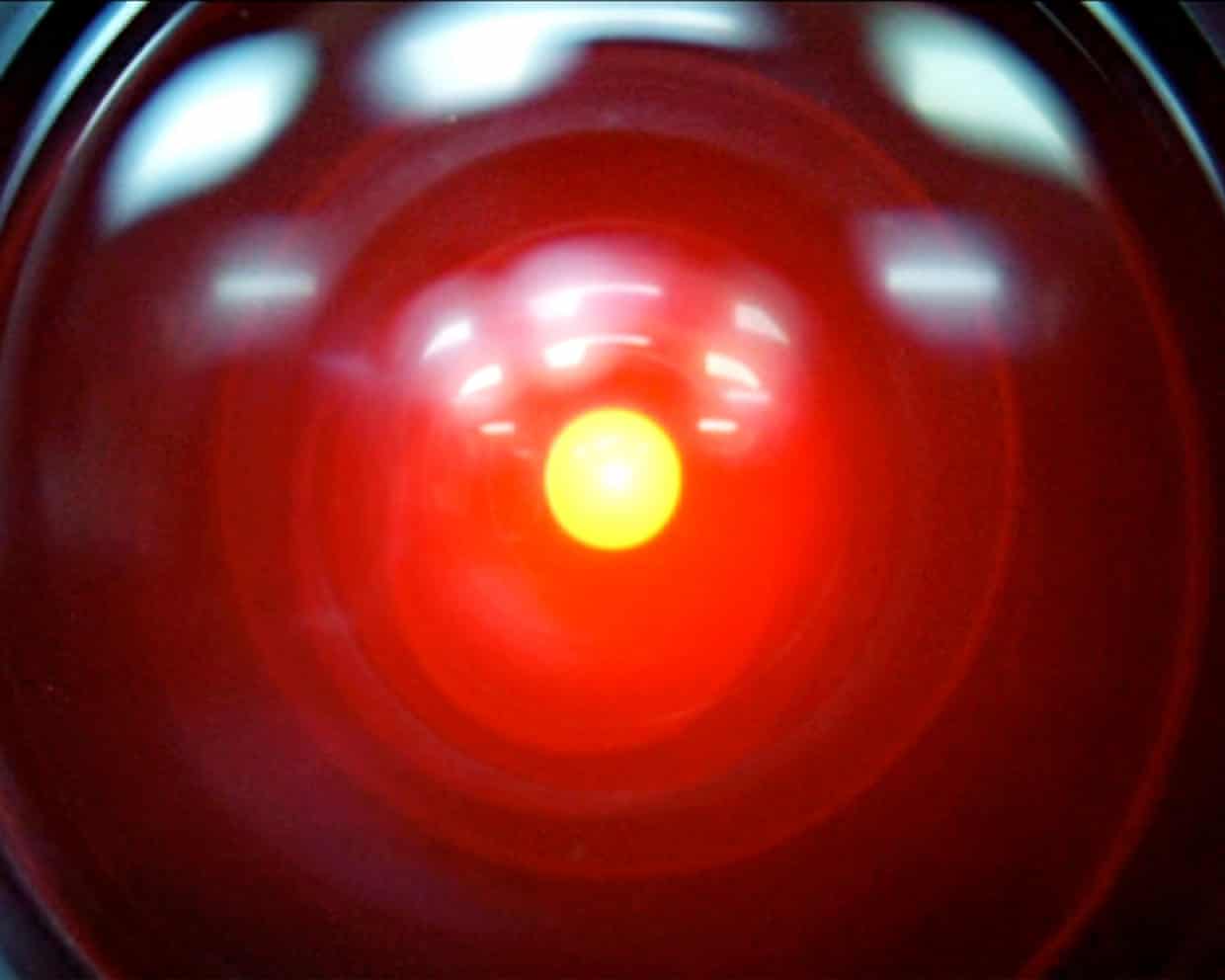Steven Finn: ‘Saying I was not selectable was clumsy language and it damaged me’

In his candid new book, the former England fast bowler talks about the lasting mental turmoil that ended his 2013-14 Ashes tour“I couldn’t get the words out because I was crying,” Steven Finn says as he remembers how, hunched over a microphone, he stared at the last lines he was meant to read aloud for the audio version of his raw and revealing new book.Emotion clogged his throat after he had belonged to three Ashes-winning England squads, while never feeling he fulfilled his immense wicket-taking talent, and having ended up lost and broken on the 2013-14 tour of Australia.Finn tried again but stifled crying choked his reading.He looked up and nodded at the encouraging producer.His mouth almost crumpled but, this time, he got through it.
“I learned that the stuff in the book is still raw and emotional, more so than I realised,” the amiable and intelligent former fast bowler says now.He maintains eye contact throughout our interview, his honesty matching the book’s unflinching tone.“When you’re talking to a therapist, you learn how to not let it extrapolate to a point where it’s really bad.But writing the book, and reading it, evoked emotions that still hurt me.”Finn had a fine career, playing 126 times for England across three formats and taking 254 wickets.
In his 36 Tests he took 125 wickets.When he retired two years ago, Mike Atherton’s tribute included this telling line: “For all the ups and downs, only 24 fast or fast-medium bowlers have taken more Test wickets for England.”But Finn is candid.“A lot of those emotions are still there: embarrassment, shame, letting people down.They remain because I could and should have done a lot more.
”The 36-year-old listens intently when I suggest that pride should be his dominant emotion.He nods.“I’m very proud I came back the way that I did.I’m really proud of the resilience.I’m actually a more rounded and better person but reading those last pages meant deep-down emotions came to the surface.
”Finn took 14 wickets in the first three Tests of England’s crushing victory in Australia in 2010-11.But problems with his run-up and shattered psyche meant he did not play at all in the 2013-14 Ashes.England lost 5-0 and he was sent home, in misery, during the white‑ball internationals.Ashley Giles, England’s coach in the shorter formats, said he was “not selectable”.Finn’s book includes extracts from the diaries he wrote in Australia and he says: “They make me feel sad.
I was so mean and harsh on myself because I had that desperation to make the most of my height [6ft 7in], bounce and pace.Every fast bowler craves such positives and I was naturally gifted with those.”In 2013, Finn was “at my wits’ end after the first Test.We’d been in Australia for a month and I was making no progress, despite how hard I was working, and how desperately I wanted it to be better.That’s counterintuitive because the more you tense up, the less likely you are to find that rhythmical flow.
I was banging my head against a brick wall and it exacerbated to the point when Ashley Giles arrived and thought: ‘Christ, this isn’t right,’”Giles’s chosen phrase haunted Finn for years,“I hope I don’t sound harsh on Ashley but it was clumsy language and I think it damaged me,”David Saker, England’s bowling coach, had persuaded him to shorten his run-up – and Finn’s technique and mentality were shot to pieces,Richard Johnson, his Middlesex bowling coach, worked painstakingly to rebuild him.
Rather than running, Finn was reduced to walking to the wicket in an attempt to liberate his mind.He could eventually jog and then run with a ball; but Finn still had to overcome the doubts wrapped around his tangled mind.His return to Test cricket in July 2015 was an extraordinary triumph.Finn took eight wickets in the third Ashes Test at Edgbaston, and helped England to win the Ashes.Has he watched those glorious highlights recently? “No, but a long time ago I put together this PowerPoint presentation about how to withstand the crosswinds that blow you off course – whether it’s your mindset or external judgment – and how you can still reach your end goal.
For me it culminated in those wickets at Edgbaston.”Did he share his presentation in public? “I did it to an empty auditorium and never got further than that.I was planning for life after cricket and trying to show how the adversity I faced was related to sport, business and life.At Edgbaston my mindset was completely clear and free again.I still smile when I think about it so I might try and use the PowerPoint one day.
But, back then, my life went down a different path.”Finn could not shake the lingering demons and he was besieged again by anxiety.He now believes he had failed to understand the depths to which he had sunk in 2013.“[Depression] wasn’t really spoken about by men back then.Jonathan Trott went home on that tour [with mental health difficulties] and was vilified by the press, supporters, everyone.
That put my guard up because I thought you can’t display vulnerability.”Andy Flower was England’s coach on that fateful tour and, while he did show Finn some compassion, his antidote to mental turmoil was rooted in hard work.“That was my mindset throughout the tour,” Finn says as he flogged himself in solitary net sessions.“It took me being removed from the international environment, losing my central contract after I came home from Australia [and the 2017‑18 Ashes] with my knee surgery to finally speaking to an independent psychologist.”Finn sobbed after being asked a few questions by the psychologist.
“I allowed myself to be vulnerable and the tears were extreme.I struggled to deal with it for the next six years.It’s only since I’ve stopped playing cricket that I feel freer.”He pauses.“I went on medication for a while because there were moments when it really flared up.
”Was he on medication during the latter years of his career? “Yes.I’ve never told anyone that before, apart from my close family.”Did the medication help? “It did … but you feel a bit dead.”As a Test cricketer he was not helped by the fact that Flower believed that no fast bowler should concede more than three runs an over – especially around 2011-12.“The way we played, bowling dry, worked,” Finn concedes.
“It won us games, got us to No 1 in the world, won us an away Ashes.”Sign up to The SpinSubscribe to our cricket newsletter for our writers' thoughts on the biggest stories and a review of the week’s actionafter newsletter promotionFinn bowled many wicket‑taking balls but he could also be expensive.“If I’d been in a different environment where I felt more free, would I have done better? Maybe, yes, but I probably wouldn’t have played in a great team and won a lot of things.But, looking at it selfishly, I’d have loved to play under Ben Stokes and Brendon McCullum who empower their bowlers to try and take wickets.”McCullum played with Finn for Otago, for a short period, and briefly at Middlesex in T20.
“It was liberating to be captained by him,” Finn says.“If he thought you were being too defensive he’d say: ‘Fuck it.Back yourself.’ His mantra is that cricket should be enjoyed.The more you embrace it, the more you’re going to get out of yourself.
“McCullum and Stokes channel people’s energy towards the positive by trying to remove the external pressure.I know I would have responded better to them.”Finn heads to Australia next month to work as a television pundit and he is enthusiastic: “I think this is England’s best chance in 15 years to win the Ashes.This England team won’t be bullied by Australia.In 2013‑14 we were bullied by Mitchell Johnson.
In 2017-2018 we were bullied by their entire team.Same in 2021-22.This team, led by Stokes, won’t take a backward step.“You need that mindset and positivity, and you need Australia to be in a little turbulence, which I think they are without Pat Cummins.I’m not sure about their openers.
[Marnus] Labuschagne is scoring runs [domestically], but he’s been out of the Test team,How are they going to fit in their all-rounders [Beau] Webster and [Cameron] Green? There are a lot more question marks about Australia,”As a towering speedster, Finn must be happy that England have opted for a seriously quick pace attack? “Yes, but I’d like a more nuanced view,Some pitches have much more useful conditions for seam than pure pace,”Who is England’s key bowler? “Jofra Archer has got a massive part to play because of his ability to trouble a really settled middle order in [Travis] Head and [Steve] Smith.
His pace, bounce and hostility could rip out the heart of their team.Jofra is probably our most important bowler.”Mark Wood bowled brilliantly in the previous Ashes series in Australia, despite England losing 4‑0, and Finn says: “His pace and carry is really threatening in that part of the world.He has skill as well and he’ll never give up.They all offer something.
The bounce Gus Atkinson gets, and using his wobble seam in the right conditions, could be a real threat.Brydon Carse is lionhearted and will run in all day.Josh Tongue is capable of bowling magic spells from his awkward angle.”The fitness of Stokes, especially as a bowler, is crucial.“It will be hard for him to be fit for all five Tests,” Finn says.
“But I know how hard he’s working and he is critical to England because the shape and the angle he has on the ball is really threatening.I just hope that, when he wants to bowl a 15‑over spell, someone taps him on the shoulder and says: ‘Not today.’”Finn has become an outstanding pundit whose empathy deepens his analysis.“I really enjoy the punditry.But my experiences of being built up really high when I started playing, and kicked when I was down, makes me realise it’s important to have balance.
”He recently took a bespoke coaching course alongside Wood, Chris Woakes, Chris Jordan and Sarah Taylor.The competitive side of coaching appeals to Finn, as does the prospect of helping young bowlers to fulfil their potential: “I’d like to be an empathetic coach who understands individuals and listens.It’s important you have a clear direction of how you want to play.But empathy is critical.I enjoy writing and I’d like to develop as a broadcaster, but I definitely wouldn’t shut the door on the coaching because I’d find it rewarding.
”Finn lights up when explaining that “I get so much joy and satisfaction from working for TMS [Test Match Special].After I retired I threw myself into TMS and did a tour of India with Aggers [Jonathan Agnew] for the World Cup.I found a really safe, happy place.”All the dark doubts of the past melt away and Finn, looking serene, smiles when I ask him what he hopes to be doing 10 years from now.“I would absolutely love to be the voice of TMS.
A massive line of people would like to do the same thing – but that would be the ultimate dream.”The Ashes Files: My Pride and Pain in Cricket’s Most Intense Series, by Steven Finn, is published on 6 November In the UK, the charity Mind is available on 0300 123 3393 and Childline on 0800 1111.In the US, call or text Mental Health America at 988 or chat 988lifeline.org.In Australia, support is available at Beyond Blue on 1300 22 4636, Lifeline on 13 11 14, and at MensLine on 1300 789 978

‘People thought I was a communist doing this as a non-profit’: is Wikipedia’s Jimmy Wales the last decent tech baron?
In an online landscape characterised by doom and division, the people’s encyclopedia stands out – a huge collective endeavour giving everyone free access to the sum of human knowledge. But with Elon Musk branding it ‘Wokipedia’ and AI looming large, can it survive?Wikipedia will be 25 years old in January. Jimmy Wales’s daughter will be 25 and three weeks. It’s not a coincidence: on Boxing Day 2000 Wales’s then wife, Christine, gave birth to a baby girl, but it quickly became clear that something wasn’t right. She had breathed in contaminated amniotic fluid, resulting in a life-threatening condition called meconium aspiration syndrome

US and China reach ‘final deal’ on TikTok sale, treasury secretary says
The US treasury secretary, Scott Bessent, claimed on Sunday that the US and China have finalized the details of a deal transferring TikTok’s US version to new owners.“We reached a final deal on TikTok,” Bessent said on Sunday on CBS’s Face the Nation with Margaret Brennan. Alluding to Donald Trump and his Chinese counterpart, Xi Jinping, Bessent continued: “We reached [a deal] in Madrid, and I believe that as of today, all the details are ironed out, and that will be for the two leaders to consummate that transaction” during a meeting scheduled for Thursday in Korea.Bessent did not disclose any details of the deal. But he did say it was a part of a broader framework – agreed to by both the US and China – of a potential trade deal to be discussed when Trump and Xi meet in the coming days

Could the internet go offline? Inside the fragile system holding the modern world together
It is the morning after the internet went offline and, as much as you would like to think you would be delighted, you are likely to be wondering what to do.You could buy groceries with a chequebook, if you have one. Call into work with the landline – if yours is still connected. After that, you could drive to the shop, as long as you still know how to navigate without 5G.A glitch at a datacentre in the US state of Virginia this week reminded us that the unlikely is not impossible

Fare game: what the battle between taxis and Uber means for your airport trip in Sydney and Melbourne
By the time you’ve exited the plane, edged through passport control and endured the baggage claim wait, your only thought may be of home or a hotel bed. But passengers at Australia’s major airports have recently noticed some changes as they contemplate the final leg of their journey.Since Friday, in a bid to deter illegal touts, a new taxi booking trial at Melbourne airport has allowed some passengers to pay a fixed fare upfront. And next month, Sydney airport will begin its own one-year trial of a $60 flat fare for the 13km journey to the CBD.The changes, supported by the taxi industry, are a sign of its struggle to remain competitive with the rideshare companies – especially Uber

Amazon strategised about keeping its datacentres’ full water use secret, leaked document shows
Executives at world’s biggest datacentre owner grappled with disclosing information about water used to help power facilitiesAmazon strategised about keeping the public in the dark over the true extent of its datacentres’ water use, a leaked internal document reveals.The biggest owner of datacentres in the world, Amazon dwarfs competitors Microsoft and Google and is planning a huge increase in capacity as part of a push into artificial intelligence. The Seattle firm operates hundreds of active facilities, with many more in development despite concerns over how much water is being used to cool their vast arrays of circuitry.Amazon defends its approach and has taken steps to manage how efficient its water use is, but it has faced criticism over transparency. Microsoft and Google regularly publish figures for their water consumption, but Amazon has never publicly disclosed how much water its server farms consume

AI models may be developing their own ‘survival drive’, researchers say
When HAL 9000, the artificial intelligence supercomputer in Stanley Kubrick’s 2001: A Space Odyssey, works out that the astronauts onboard a mission to Jupiter are planning to shut it down, it plots to kill them in an attempt to survive.Now, in a somewhat less deadly case (so far) of life imitating art, an AI safety research company has said that AI models may be developing their own “survival drive”.After Palisade Research released a paper last month which found that certain advanced AI models appear resistant to being turned off, at times even sabotaging shutdown mechanisms, it wrote an update attempting to clarify why this is – and answer critics who argued that its initial work was flawed.In an update this week, Palisade, which is part of a niche ecosystem of companies trying to evaluate the possibility of AI developing dangerous capabilities, described scenarios it ran in which leading AI models – including Google’s Gemini 2.5, xAI’s Grok 4, and OpenAI’s GPT-o3 and GPT-5 – were given a task, but afterwards given explicit instructions to shut themselves down

How to make sweet-and-sour pork – recipe | Felicity Cloake's Masterclass

Fete, Chelmsford, Essex: ‘It absolutely dares to be different’ – restaurant review | Grace Dent on restaurants

Helen Goh’s recipe for forest floor cake | The sweet spot

Peter Hall obituary

‘Fermented in the gut’: scientists uncover clues about kopi luwak coffee’s unique taste

Leftover wine? Now we’re cooking | Hannah Crosbie on drinks